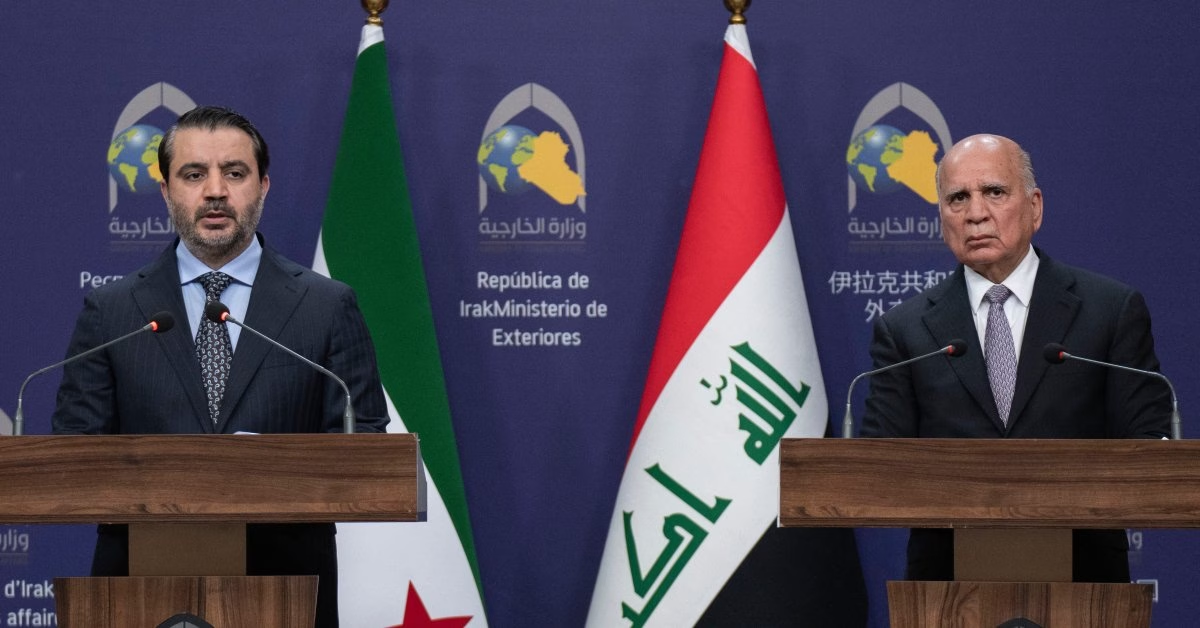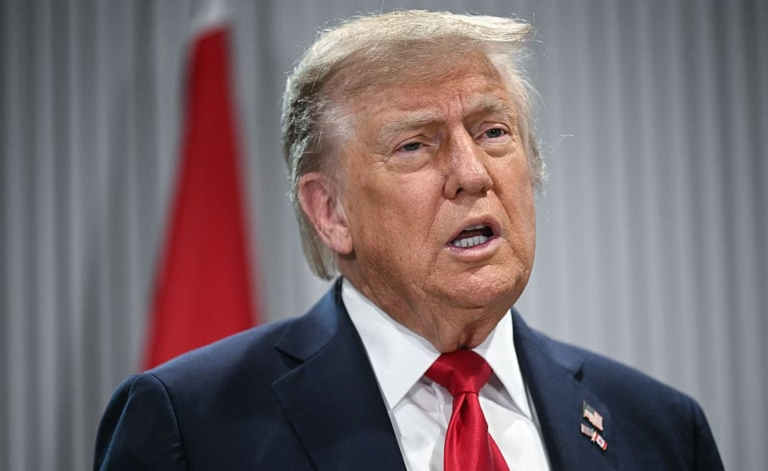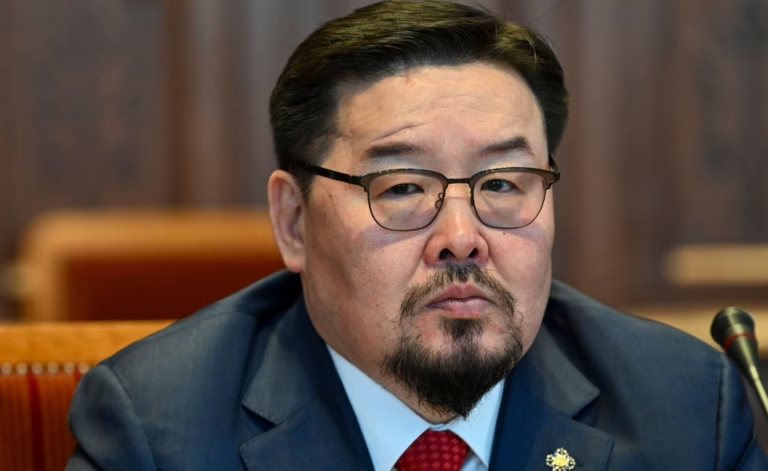B
BAGHDAD — The leader of the Islamic State in Iraq and Syria has been killed in an operation by members of the Iraqi national intelligence service, along with U.S.-led coalition forces, as announced by the Iraqi prime minister on Friday.
Prime Minister Mohammed Shia al-Sudani stated in a statement posted on X, formerly known as Twitter, “The Iraqis continue their impressive victories over the forces of darkness and terrorism.”
Abdallah Maki Mosleh al-Rifai, also known as “Abu Khadija,” was the “deputy caliph” of the militant group and considered “one of the most dangerous terrorists in Iraq and the world,” as mentioned in the statement.
On his Truth Social platform on Friday night, U.S. President Donald Trump stated, “Today, the fugitive leader of ISIS in Iraq was killed. He was relentlessly hunted down by our brave warriors” in coordination with the Iraqi government and the Kurdish regional government.
“PEACE THROUGH STRENGTH!” Trump posted.
A security official confirmed that the operation was conducted through an airstrike in Anbar province, located in western Iraq. A second official stated that the operation took place on Thursday night, but al-Rifai’s death was confirmed on Friday. They spoke on the condition of anonymity as they were not authorized to comment publicly.
The announcement came on the same day as Syria’s top diplomat’s first visit to Iraq, during which the two countries pledged to work together in combating IS.
Iraqi Foreign Minister Fouad Hussein stated at a news conference that there are common challenges facing both Syrian and Iraqi societies, particularly the threat of IS terrorists. He added that officials had discussed in detail the movements of ISIS, both along the Syrian-Iraqi border and within Syria and Iraq, during the visit.
Hussein referred to an operations room formed by Syria, Iraq, Turkey, Jordan, and Lebanon at a recent meeting in Amman to confront IS. He mentioned that it would soon begin its operations.
The relationship between Iraq and Syria is somewhat strained after the fall of former Syrian President Bashar Assad. Al-Sudani came to power with the support of a coalition of Iran-backed factions, and Tehran was a major backer of Assad. The current interim president of Syria, Ahmad al-Sharaa, was previously known as Abu Mohammed al-Golani and fought as an Al-Qaeda militant in Iraq after the U.S. invasion in 2003, and later fought against Assad’s government in Syria.
However, Syrian interim Foreign Minister Asaad Hassan al-Shibani focused on the historical ties between the two countries.
“Throughout history, Baghdad and Damascus have been the capitals of the Arab and Islamic world, sharing knowledge, culture, and economy,” he stated.
Strengthening the partnership between the two countries “will not only benefit our peoples, but will also contribute to the stability of the region, making us less dependent on external powers and better able to determine our own destiny,” he added.
The operation and visit come at a time when Iraqi officials are concerned about a potential resurgence of IS in the wake of Assad’s fall in Syria.
Although Syria’s new rulers, led by the Islamist former insurgent group Hayat Tahrir al-Sham, have been pursuing IS cells since taking power, there are fears of a breakdown in overall security that could allow the group to stage a comeback.
The U.S. and Iraq announced an agreement last year to wind down the military mission in Iraq of an American-led coalition fighting the Islamic State group by September 2025. U.S. forces will be departing some bases where they have stationed troops during their two-decade-long military presence in the country.
When the agreement was reached to end the coalition’s mission in Iraq, Iraqi political leaders stated that the threat of IS was under control and they no longer needed Washington’s help to combat the remaining cells.
However, Assad’s fall in December led some to reassess that stance, including members of the Coordination Framework, a coalition of mainly Shiite, Iran-allied political parties that brought current Iraqi Prime Minister Mohammad Shia al-Sudani to power in late 2022.
—Associated Press staff writer Abby Sewell in Beirut contributed to this report.
Source: https://time.com/7268584/head-of-islamic-state-in-iraq-syria-killed-iraqi-prime-minister-says/








